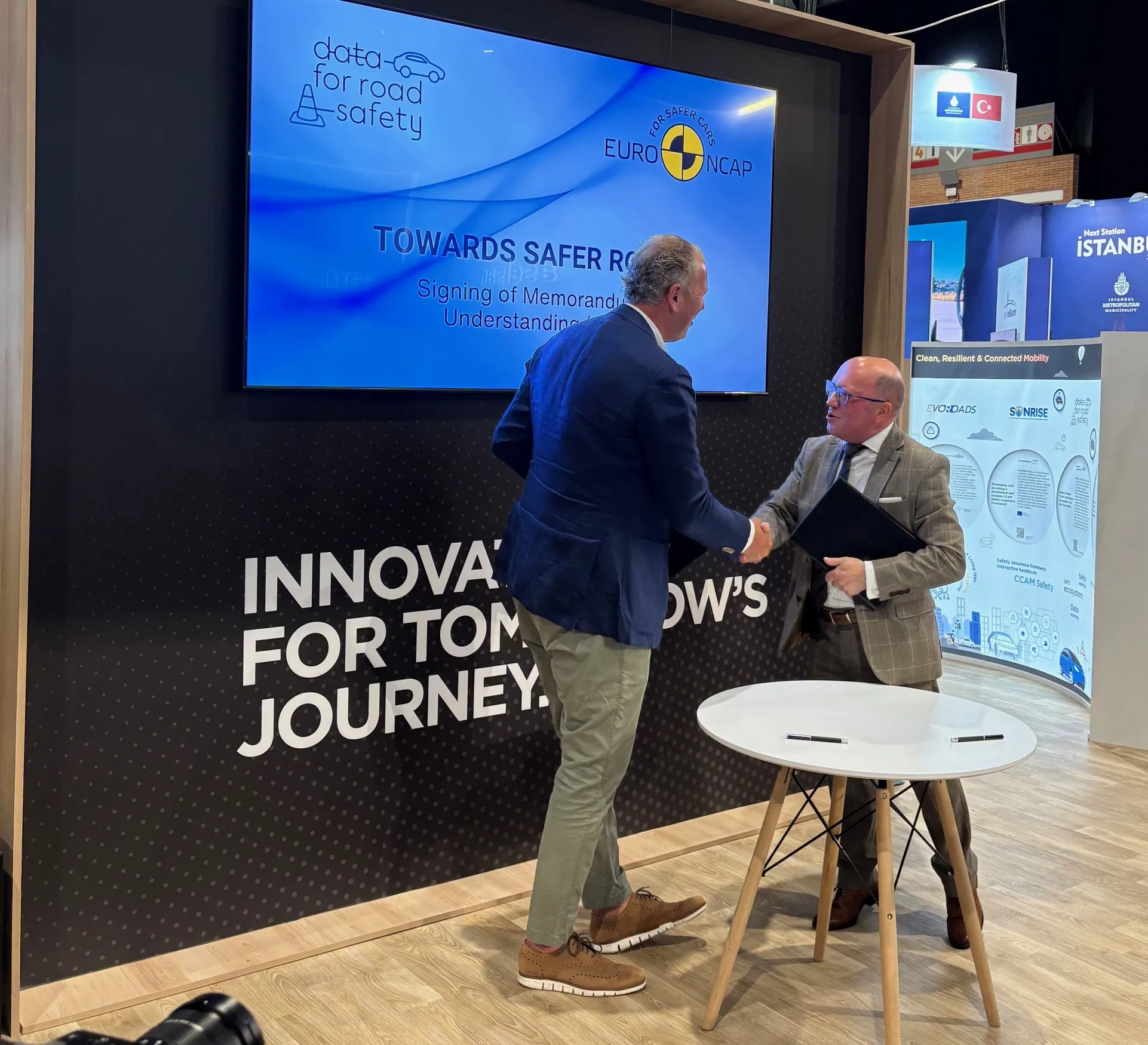Navya has partnered with Esmo and SK Telecom to develop autonomous driving features using 5G technologies already deployed in South Korea.
Navya will provide autonomous driving technology and R&D resources to incorporate features associated with 5G networks, supervision and cloud computing.
Esmo - a manufacturer of wiring harnesses - will market the products and services and be responsible for setting up a vehicle assembly line.
SK Telecom will provide connectivity and a 5G autonomous driving in
July 30, 2019
Read time: 1 min
Navya will provide autonomous driving technology and R&D resources to incorporate features associated with 5G networks, supervision and cloud computing.
Esmo - a manufacturer of wiring harnesses - will market the products and services and be responsible for setting up a vehicle assembly line.
SK Telecom will provide connectivity and a 5G autonomous driving infrastructure.
As part of the deal, the partners will develop an autonomous vehicle platform dedicated to entertainment and infotainment.










